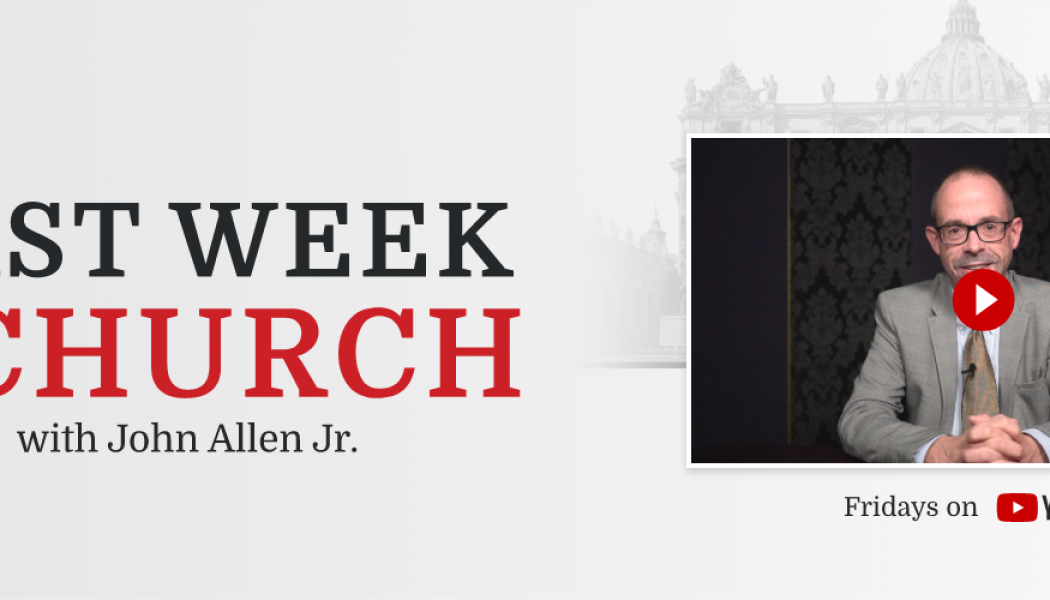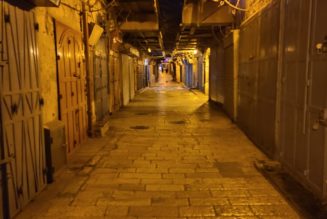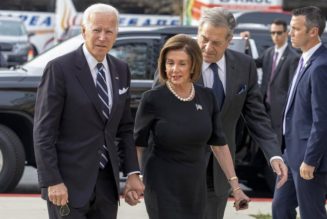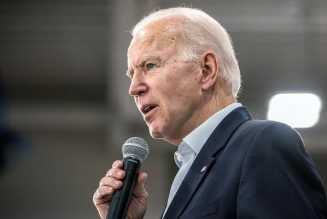ROME – This week Italy opened the largest mob trial in history, with 325 defendants in the dock linked to the ‘Ndrangheta syndicate in the southern Italian region of Calabria. The accused, including both leaders and foot soldiers from the ‘Ndrangheta as well as politicians, businesspeople and civil servants allegedly on its payroll, face charges ranging from murder and drug trafficking to corruption and money laundering.
From the outside, the trial might seem proof that at long last, Italian authorities have the mob on the run. But if journalist Roberto Saviano is to be believed, it’s exactly the other way around: The Covid pandemic, according to Saviano, is fueling a great mob boom.
Even the Catholic Church, it turns out, is at risk.
Saviano is a well-known figure here in Italy, and his exposé appeared Saturday on the front page of Corriere della Sera, the country’s paper of record, under the headline, “How the usury of the mafia is suffocating the economy.”
The gist of the report is that while the Italian government and the country’s private sector is largely failing to provide liquidity to small and medium-sized businesses hard hit by the Covid crisis, the mafia is stepping in to fill the void. They’re playing the long game, not demanding exorbitant interest or running shakedowns on clients unable to repay on time; instead, they’re exploiting the crisis to dramatically expand the share of the legal economy either owned by mafia-linked entities or heavily influenced by it.
In other words, the mob is using dirty money to buy its way into clean businesses, thereby bringing greater and greater shares of the economy into its orbit.
According to Saviano’s report, it’s not just businesses the mob is looking to coopt. They’re also angling to compromise ordinary people too, which is where the Church enters the picture.
Saviano quotes Luigi Cuomo of a group called “SOS Impresa,” an organization born in Sicily in 1991 among business-owners who wanted to defend their freedom from mob influence. Cuomo said his group was approached by Catholic priests in Naples for help, after they were threatened by mob members to give up lists of local citizens who were receiving help from the Catholic charity Caritas.
The plan, according to Cuomo, was to go to these people’s homes offering bags of free groceries, and also to help them navigate the health care system to arrange visits to clinics and free Covid tests. They were also to be offered a free “bonus” of 1,000 Euro to help get them through the crisis, which Cuomo likened to free doses of heroin that mob pushers would offer in the 1980s in order to get people hooked.
The long-term aim, according to the report, is to get people dependent on mafia assistance, so that when the time comes for a favor – leaking some information, performing an illegal task, whatever – they’d have no choice.
In this case, the church managed to avoid being coopted because these priests reported the maneuver. It’s impossible to say, however, according to Saviano’s report, how often something similar has been tried since the Coronavirus crisis erupted in Italy last March and worked.
The obvious implication is that failures on the part on the state and Italian banks to offer sufficient legitimate support, either to commercial enterprises or private citizens, is creating a vacuum that mafia leaders are smart enough to recognize as almost an historically unprecedented opportunity.
“Businesspeople feel alone, abandoned, from the extreme north of the country to the deep south,” Saviano writes, “and if the state doesn’t physically stand with those who suffer and who speak out, the risk is that distrust will take hold among those who keep the country on its feet economically, and the noose that’s suffocating the Italian economy will end up choking our democracy to death too.”
For people outside Italy, all this may seem interesting but, essentially, not their problem. Americans in particular may be forgiven for thinking we’ve got other fish to fry right now, given the tumult associated with the fin de régime of the Trump administration and frustrations over rollout of the Covid vaccines.
Yet Catholics everywhere do have an interest in the scenario Saviano describes, and here’s why.
Though modest by global standards, Vatican finances have long been a source of scandal and embarrassment for the Church, feeding a sort of “black legend” that mars the Church’s image and impedes its effectiveness as a moral authority. Pope Francis is currently engaged in a long-running effort to clean house, most recently centralizing control over Vatican assets in the Administration of the Patrimony of the Apostolic See (APSA).
Inevitably, and no matter how much reform is carried out, the Vatican’s financial operations will be interwoven with Italy’s banking and financial sector. If that sector is diseased, sooner or later the Vatican will be infected too.
Moreover, the Naples example shows there’s also likely to be growing pressure on the Church at the grassroots, creating the possibility of future scandal at that level too.
As a result, Pope Francis and his team may want to consider finding ways to support “SOS Impresa” and other organizations attempting to sound alarms. In this case, doing so wouldn’t be simply a pastoral matter of standing for morality and social justice – it’s also institutional self-interest.
Follow John Allen on Twitter at @JohnLAllenJr.
Join Our Telegram Group : Salvation & Prosperity











